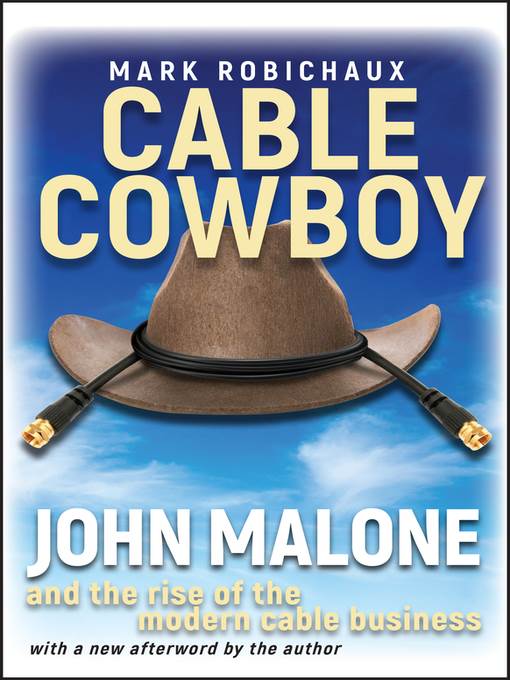
Cable Cowboy
John Malone and the Rise of the Modern Cable Business
کتاب های مرتبط
- اطلاعات
- نقد و بررسی
- دیدگاه کاربران
نقد و بررسی

October 1, 2002
In 1973, 29-year-old John Malone became the CEO of a debt-ridden Denver cable company, Tele-Communications, Incorporated; in 1998, he sold TCI for $48 billion. In the intervening 25 years he frenetically built a cable and media monopoly. Robichaux, an editor at the Wall Street Journal, pens an account that is part Horatio Alger success story and part cautionary tale of the abuses of unfettered capitalism (the latter a more timely narrative these days). Malone is a complicated hero; focused and driven, he built his empire largely through clever, complicated financing deals that sidestepped bank rules and taxes and enriched an inside group of shareholders. In the spirit of "charge as much as you can for a product...and spend as little as you can get away with," TCI, the author says, provided shoddy service to cable subscribers and bought out potential competitors to keep the cable industry an insular cartel. When local governments protested, Malone cut off service. Robichaux doesn't make much of it, but it's notable that junk bond financier Michael Milken and the former CEO of Global Crossing, Leo Hindery, appear in these pages as Malone's trusted friends. Although he cooperated with Robichaux for this book, Malone doesn't (as do minor characters like Ted Turner) spring to life from its pages. In this, once again, the reclusive Malone seems to have gotten things his way.

January 15, 2003
Robichaux, an editor of the Wall Street Journal's "Weekend" section, covered cable television for the paper from 1989 to 2001. Here he draws on interviews and published sources to produce a well-written account of John Malone. In the early 1970s, at the young age of 29, Malone took over a small cable company on the edge of bankruptcy known as Tele-Communications, Inc. (TCI), which he adeptly turned around and in 1998 sold to AT&T for $48 billion, making it the largest media merger in history. The author weaves an intricate tale of the cable industry and TCI as he reveals the brilliant deal-making strategies that built the largest cable company in the world. A typical strategy would be to swap stock, which defers recognition of profit on the deal whereby taxes would not have to be paid. Using these tactics, Malone acquired hundreds of companies and was viewed as a monopolist, creating a political backlash in Washington that caused him to be called Darth Vader, Genghis Khan, and the Godfather rolled into one. Readable and well researched, this work is unauthorized but was written with Malone's cooperation. Recommended for media collections in public libraries and those interested in the "art of the deal."-Bellinda Wise, Nassau Community Coll. Lib., Garden City, NY
Copyright 2003 Library Journal, LLC Used with permission.

























دیدگاه کاربران